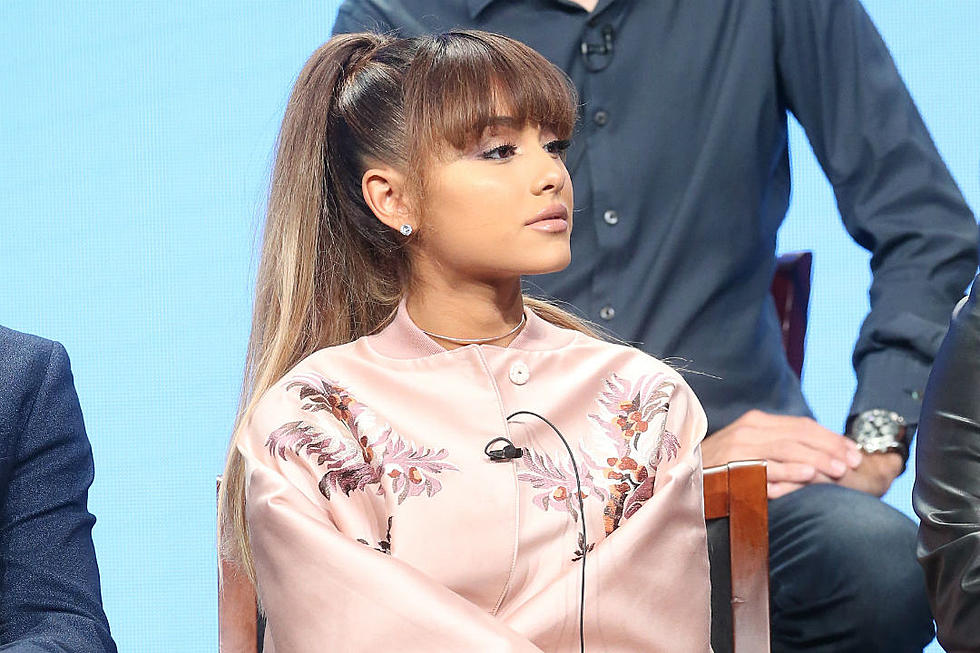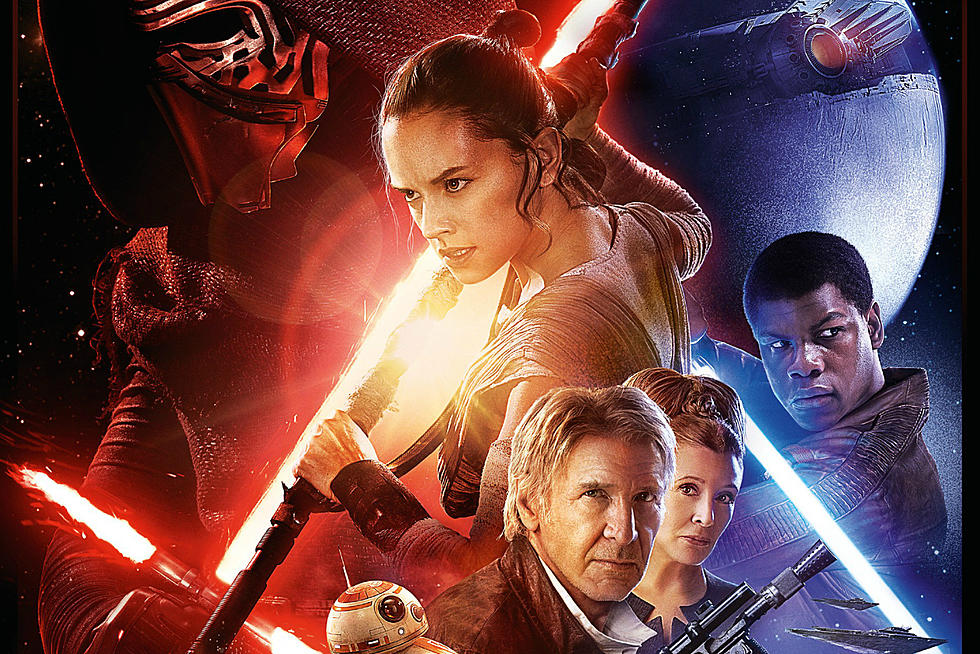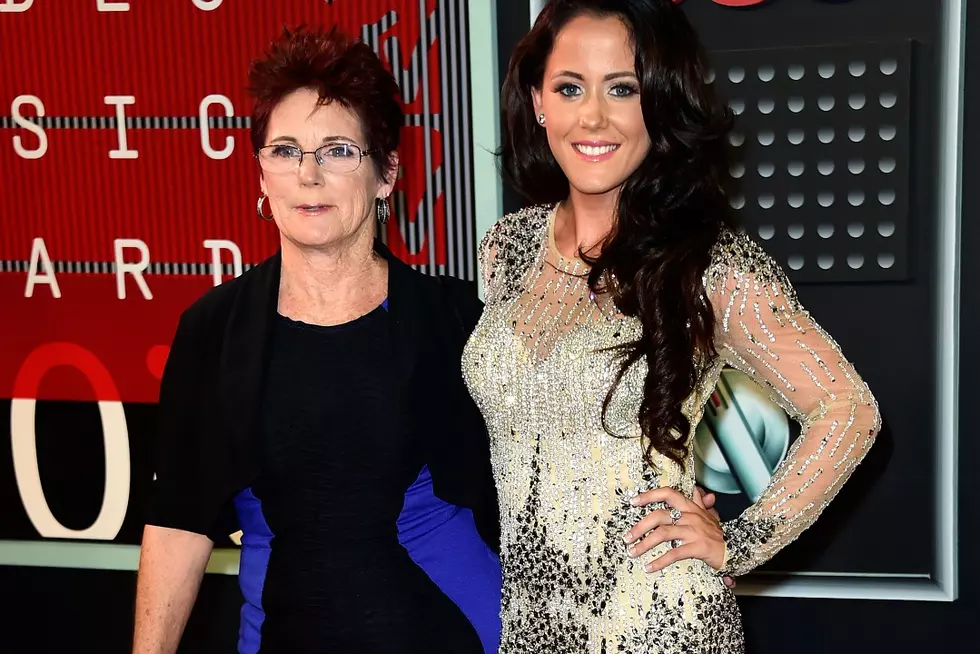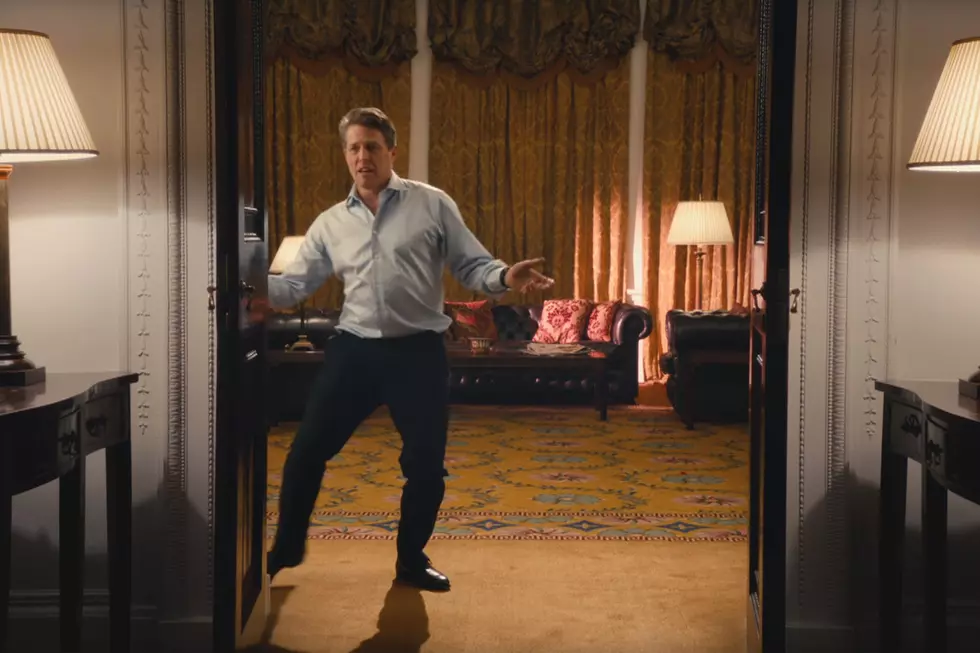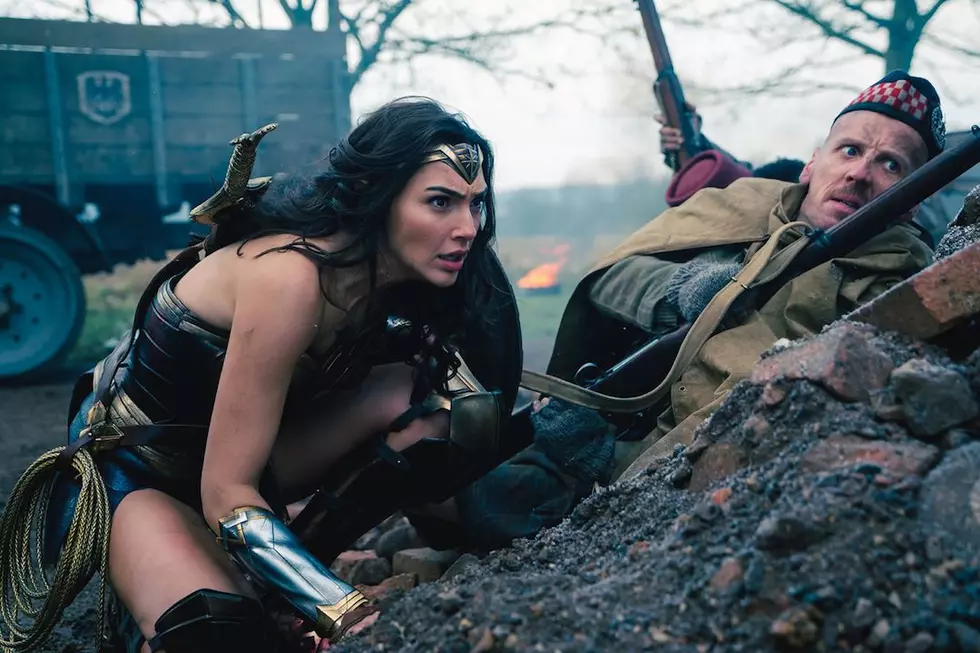
‘Wonder Woman’ Review: Meet the New Champion of the DC Movie Universe
The words “wonder” and “woman” are never spoken in Wonder Woman. It’s an interesting choice, and an appropriate one for a blockbuster that sometimes feels less like a superhero story than a modern fable about a strong but sheltered young woman who discovers the joys and perils of the wider world. That fable is presented with strong visual style and abundant heart by director Patty Jenkins, and played with oozing charisma by its two well-cast stars, Chris Pine and Gal Gadot as (the not-technically-named-)Wonder Woman.
In the film, she goes by Princess Diana, and later, when she needs to blend into 1910s Europe, Diana Prince. She’s introduced as the only child on Themyscira, a hidden island populated by a race of super-women known as the Amazons, who were created by the Greek gods as protectors of the human race. After Ares, the God of War, grew jealous of mankind, the Amazons went into hiding to protect “the God-Killer,” supposedly the only weapon on the planet strong enough to defeat Ares after he slaughtered the other gods. Diana’s mother Hippolyta (Connie Nielsen) and her aunt Antiope (Robin Wright) raise her to be the ultimate Amazon, and by the time child actor Emily Carey has matured into Gadot, she’s without equal wielding her bulletproof bracelets and the “Lasso of Truth,” a glowing golden rope with the properties of sodium pentothal.
Diana needs that stuff because no sooner has she mastered the ways of Amazonian combat than Pine’s Steve Trevor, a U.S. spy working for the British government, crashes his plane into the waters off Themyscira. After a badass beach battle between the Amazons and some German soldiers, Diana becomes convinced that Ares has returned to provoke mankind into fighting the war to end all wars. She offers to help Trevor return to England in exchange for his help in finding and defeating Ares. Skeptical that the God of War actually exists but smitten with this wondrous woman, he agrees.
It’s a fairly faithful origin story, something there’s no shortage of in the superhero movie landscape, but at least this one hasn’t been told on the big screen before, and the unusual setting — both in terms of time and place — makes this one feel relatively fresh. So do some bone-rattling fight scenes and the chemistry between Gadot and Pine, whose PG-13 innuendos and playful flirting creates one of the feistier male-female relationships in recent superhero cinema.
Gadot proved she could stand shoulder to shoulder with more well-established heroes in Batman v Superman: Dawn of Justice, and she’s even better in Wonder Woman. As an actress, she has a rare blend of qualities; she’s endearingly innocent in the scenes where Diana discovers the restrictive women’s clothing of the early 20th century, but she’s equally good as the battle-hardened warrior, as in the show-stopping action sequence where she rallies a bunch of troops to take a fortified German position by drawing the enemy’s machine gun fire.
The film itself might draw some flak from DC Comics fans who prefer the sullen heroes and intense violence of Zack Snyder’s Man of Steel and Batman v Superman. Even amidst the terror and bloodshed of World War I, Wonder Woman is a notably more hopeful and upbeat film than the previous three entries in the “DC Extended Universe.” It also borrows a surprising amount from Marvel’s Captain America: The First Avenger (as well as from the movie that heavily inspired Captain America, Michael Powell and Emeric Pressburger’s A Matter of Life and Death). The war-torn romance and fish-out-of-water comedy both suit the source material, but it may not be to the taste of people who enjoyed the previous DECU films.
Wonder Woman is Gadot’s film, and she owns every scene she’s in, but the film also made me appreciate the talents of Chris Pine, who’s maturing into one of the very best leading men in Hollywood but embraces the role of Gadot’s second banana. As Pine ages, his boyish charm is tempered with an edge of sadness, and a slight hardness around his eyes, a perfect combination for a man like Steve Trevor, whose experience in World War I had a profound and punishing effect on his psyche.
If you tied me up in the Lasso of Truth, I could rattle off a few of Wonder Woman’s problems. Jenkins and writer Allan Heinberg play Ares’ identity (and even whether there really is an Ares at all) as a mystery, a bold move that leaves some very underwhelming evildoers to fulfill the film’s villainy quota — namely a generically depraved general (Danny Huston) and a mad chemist named Doctor Poison (Elena Anaya). The movie is patient and deliberate during the scenes on Themyscira, but once Steve and Diana are fighting their way through World War I with the help of a crew of multiethnic mercenaries, there’s little time to further develop their characters or their relationship. Most importantly, while Jenkins and Heinberg hold a lot of the most tired comic clichés at bay, they give in to some of the worst of them in the finale, when Diana fights a Big Bad amidst a storm of murky special effects. (They also make a questionable decision in replaying one of the best scenes between Diana and Steve a second time, undercutting a lot of its melancholic impact.)
Still, even with its issues, Wonder Woman is exciting, romantic, funny — and my favorite DC Extended Universe movie to date. With her courage and strength, Diana sets an example for everyone she meets, and she holds fast to her ideals even under great pressure. With any luck, she’ll provide similar inspiration to the directors of the DC Extended Universe in the years ahead.
Additional Thoughts:
-Wonder Woman is the rare comic-book movie written by a comic book writer. If you’ve never read Allan Heinberg’s Young Avengers, seek it out.
-Patty Jenkins hasn’t directed a feature film since 2003’s Monster. I hope I don’t have to wait another 14 years to see her next movie, whether or not it stars a superhero.
-At least at my press screening, Wonder Woman contained zero post-credits scenes of any kind and relatively few Easter eggs. (The film refers to another member of the Justice League, but he’s not shown onscreen.) Another interesting but appropriate choice; the title character is the star of the show, even if she doesn’t go by that name yet.
More From Alt 101.7

